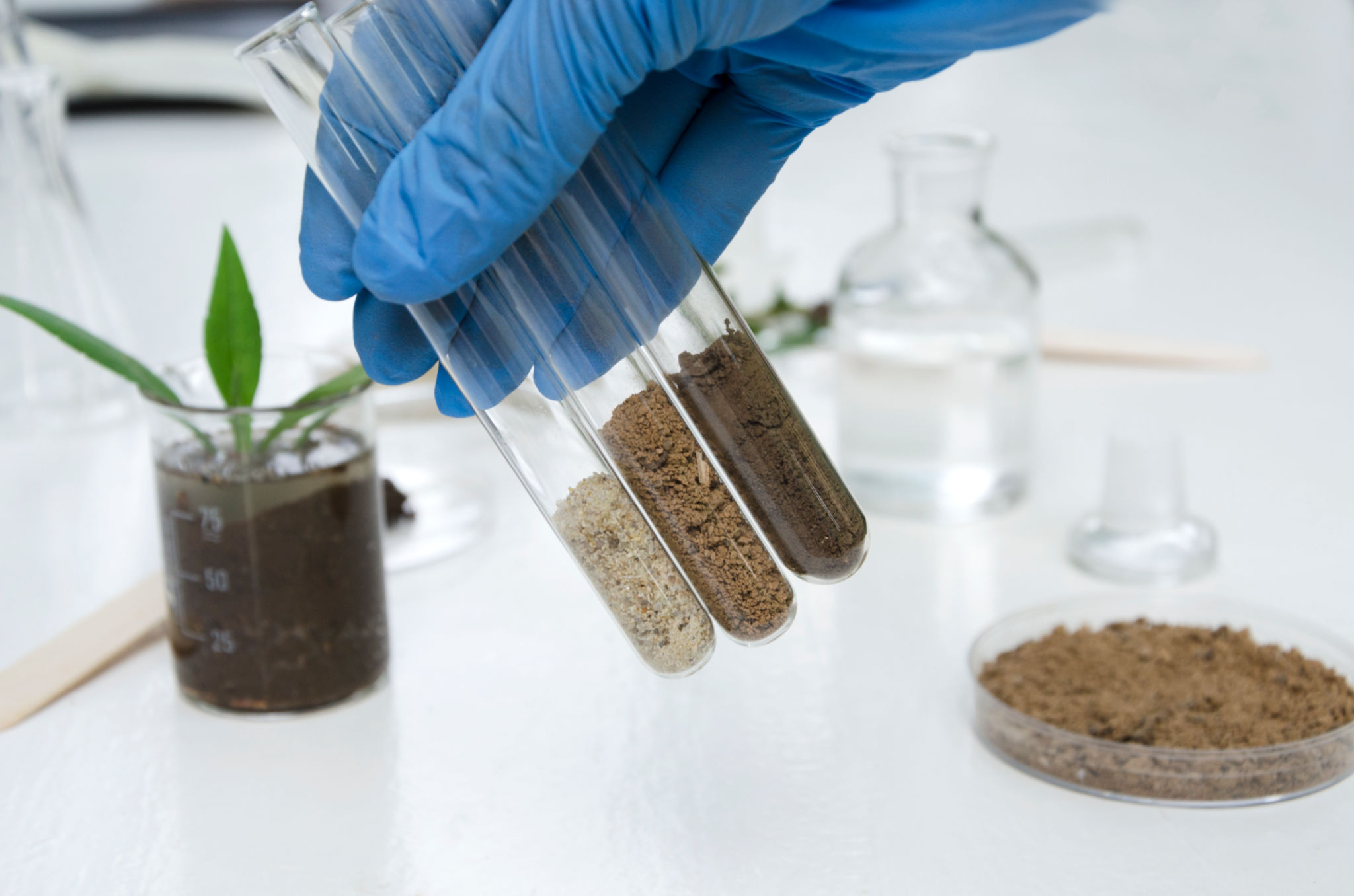How Soil Screening Can Improve Your Property Value
Understanding Soil Screening
Soil screening is a process that involves analyzing soil to determine its composition and quality. This is typically done by taking a sample of the soil and testing it for various elements such as pH levels, nutrient content, and the presence of contaminants. Understanding what lies beneath the surface of your property can be crucial, especially if you're looking to improve its value. By having a comprehensive understanding of your soil, you can make informed decisions about landscaping, gardening, and construction projects.

Benefits of Soil Screening for Property Owners
One of the primary benefits of soil screening is that it helps identify potential issues that could affect property development. For instance, detecting heavy metals or other contaminants in the soil can prevent costly remediation efforts later on. Additionally, soil screening can reveal nutrient deficiencies that, when addressed, can enhance plant growth and landscape aesthetics. This is particularly important for homeowners looking to cultivate a lush garden or maintain healthy trees and shrubs.
Moreover, understanding the soil's composition can aid in selecting the right plants that will thrive in your environment. This not only improves the visual appeal of your property but also contributes to its overall health and sustainability, potentially increasing its market value.
Enhancing Landscaping Projects
A well-maintained and visually appealing landscape can significantly boost a property's curb appeal. Soil screening plays a vital role in landscaping by ensuring that the chosen plants are compatible with the soil conditions. This compatibility ensures robust plant growth and reduces the likelihood of plant diseases and poor soil health. Ultimately, a thriving landscape can make a property more attractive to potential buyers.

Reducing Environmental Impact
Soil screening also contributes to environmental sustainability by promoting responsible land use. By understanding the soil composition, property owners can avoid over-fertilization and unnecessary chemical applications, which can lead to soil degradation and water pollution. Implementing environmentally-friendly practices not only preserves soil health but also enhances the property's long-term value.
Additionally, soil screening can help identify areas prone to erosion or poor drainage. Addressing these issues early can prevent land degradation and maintain a stable landscape, further protecting property value.
Supporting Construction and Development
For those planning construction projects on their property, soil screening is an essential step. The process provides critical data about soil stability and composition, which is necessary for designing sound structures. Knowing the soil's load-bearing capacity helps engineers and architects create foundations that are safe and durable.

Increasing Property Value
Investing in soil screening and subsequent improvements can lead to increased property value. A property with healthy soil supports vibrant landscaping and robust construction, both of which appeal to buyers. Additionally, demonstrating a commitment to environmental sustainability through proper soil management can enhance a property's reputation and desirability.
In summary, soil screening is a valuable tool for any property owner looking to enhance their property's appeal and functionality. By identifying potential issues and optimizing soil conditions, owners can make strategic improvements that boost both aesthetic appeal and market value.